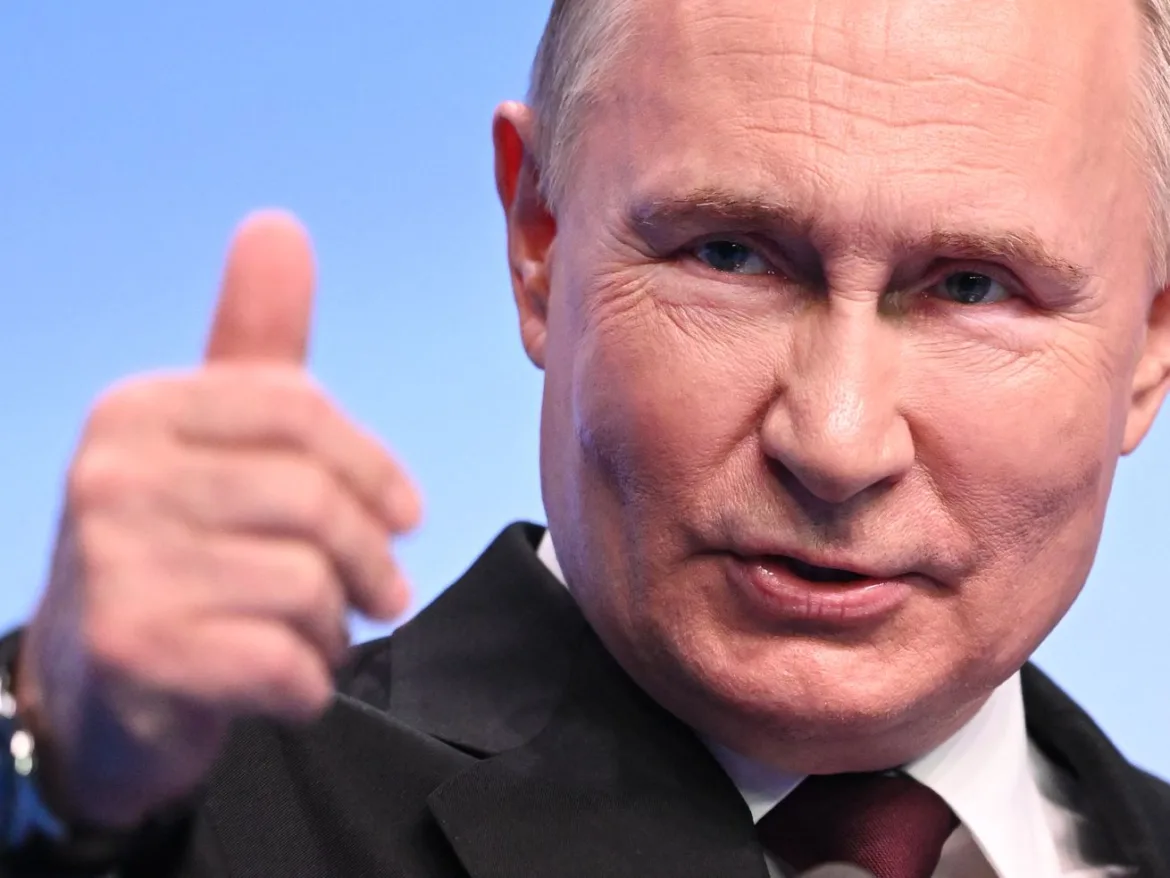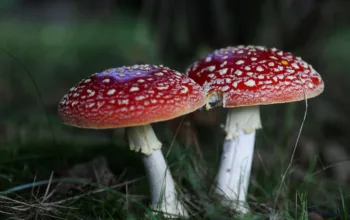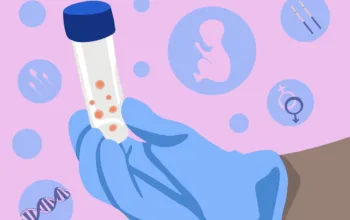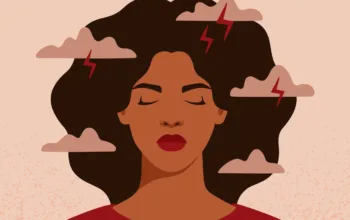Putin has eliminated all of his most significant rivals, cementing his grip on power.
As expected, Russian President Vladimir Putin has won his fifth term in office, following a campaign in which all his significant rivals were barred from running, imprisoned, or dead.
Voting started Friday and concluded Sunday. Putin won the contest with over 87 percent of the vote, with a reported 77 percent turnout. The record post-Soviet win was Putin’s choreographed attempt to demonstrate his popularity — and that of the war in Ukraine. But it is impossible to take much away, given the level of repression in Russian society, and Putin’s ambition to make himself synonymous with the Russian state.
The results come just a month after the death of Putin’s most potent and vocal foe, the anti-corruption campaigner Alexei Navalny, while he was serving a 19-year sentence in an Arctic penal colony on multiple charges including extremism. It’s also a little over two years after Russia’s invasion of Ukraine, which Russia refers to as a “special military operation.” Western countries have backed Ukraine during the grueling two-year war and imposed heavy sanctions on Russia, but those efforts have done little to loosen Putin’s grip on power; on the contrary, Putin’s government is at its most repressive since he first took power in 2000.
Even before his fifth term starts, Putin will already be the longest-serving Russian leader since Soviet dictator Josef Stalin. If he serves out the entirety of this six-year term, he will surpass Stalin and be in the running next with Catherine the Great and then perhaps eventually Peter the Great — two rulers whose imperial power Putin has sought to mimic in his conquest of Ukraine and other former Soviet and imperial lands.
With his reelection, Putin will be in power till at least 2030, unless he dies or is somehow removed from power in the intervening six years.
How Putin engineered his decades in power
Putin’s ruthless quest to build power — not only his own, but Russia’s as well — might come as a surprise to anyone who saw him when he first became president in 2000.
An unknown, unmemorable bureaucrat from St. Petersburg who served in the Soviet spy agency in Dresden during the tail end of the Cold War, Putin hardly seemed poised to gain the near-total power he now has in Russia.
But through a combination of immense wealth, cronyism, fraud, increasingly cruel repression, and constant information warfare, Putin has consolidated his power over the past 24 years, even when his deputy Dmitry Medvedev was nominally in charge.
Putin came into incredible wealth following the collapse of the Soviet Union and was appointed acting president in 1999 after Boris Yeltsin resigned. He was officially elected in 2000, serving his constitutionally mandated two terms — and even seemed more willing to cooperate with the west during that time. But he was also displaying imperial ambitions, fighting wars in Chechnya and Georgia.
After Medvedev pushed through a constitutional change allowing additional presidential terms, Putin regained the presidency in 2012. Amid the most fervent protests against the autocratic and corrupt regime, his government began instituting and escalating brutal crackdowns on minority groups like the LGBTQ population, opposition members, and civil society to entrench a narrative of Russian tradition.
“In the 1990s–2000s, Russia experienced a range of issues such as economic and demographic crises and the loss of its impactful role on the international stage, causing the perceived ‘emasculation’ of the population,” Radzhana Buyantueva, a researcher studying LGBTQ communities in Russia and their intersection with the political sphere, explained to Vox over email in December. “The Kremlin has utilized these insecurities in its anti-gender queerphobic propaganda,” cracking down on LGBTQ groups and other perceived opponents while also militarizing society and “culminating in the escalating military aggression toward neighboring states (Georgia in 2008 and Ukraine since 2014).”
Putin also systematically undermined or eliminated political opposition, cementing his hold on power not just through a popular narrative about Russia’s national identity, but also with election fraud, murder, poisonings, draconian jail sentences, and other political repression.
Over the past year, the Kremlin quashed multiple attempts to compete against him in this weekend’s elections. Though three competitors did stand in this year’s contest, they were all state-backed and lacked any real popular support. There were multiple true opposition candidates with demonstrated popular support — like Boris Nadezhdin, an anti-war candidate — who attempted to stand against Putin this year but were barred from doing so.
Now, almost anyone who would vocally oppose it or present an alternative to Russian propaganda has been silenced or has fled.



